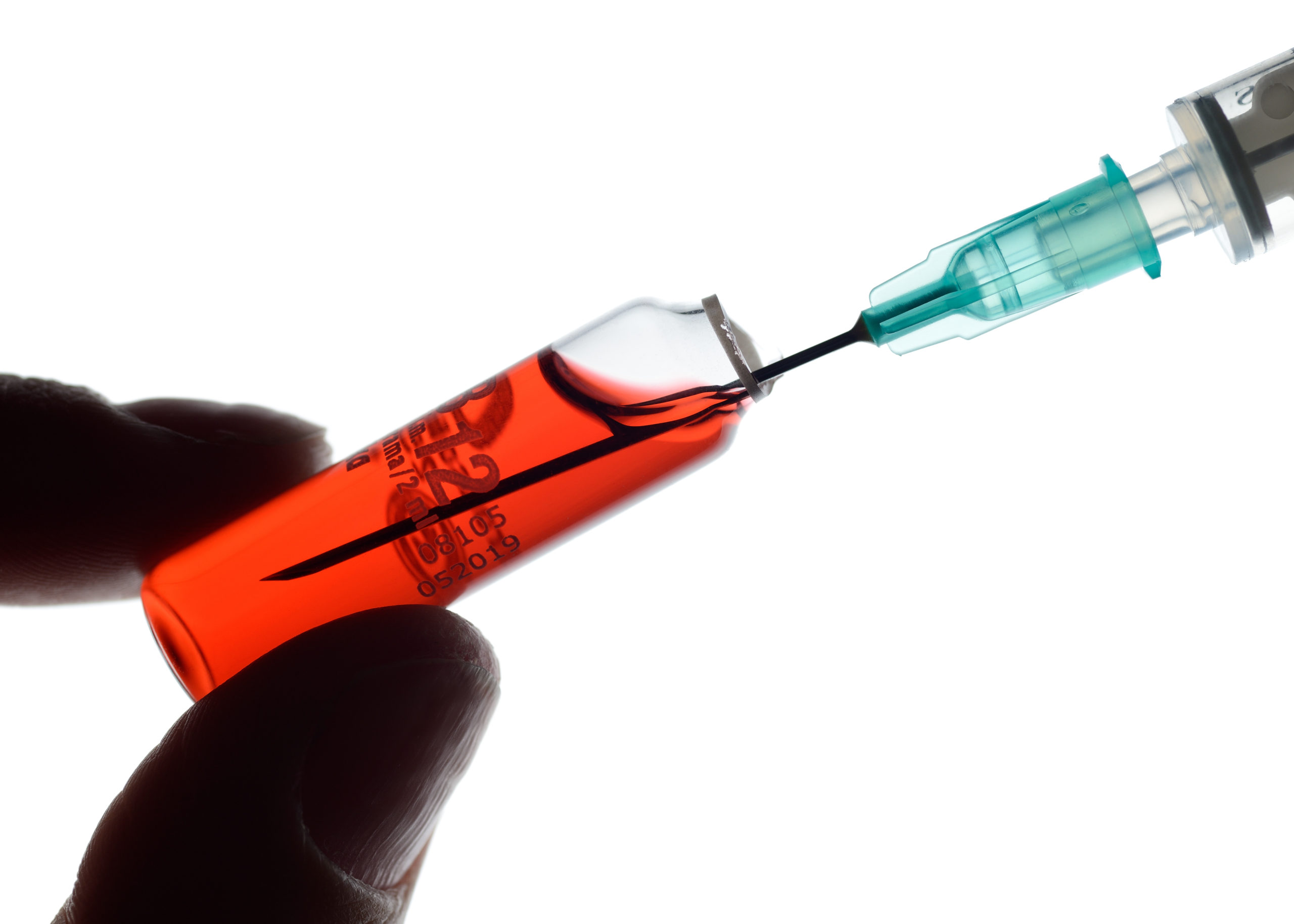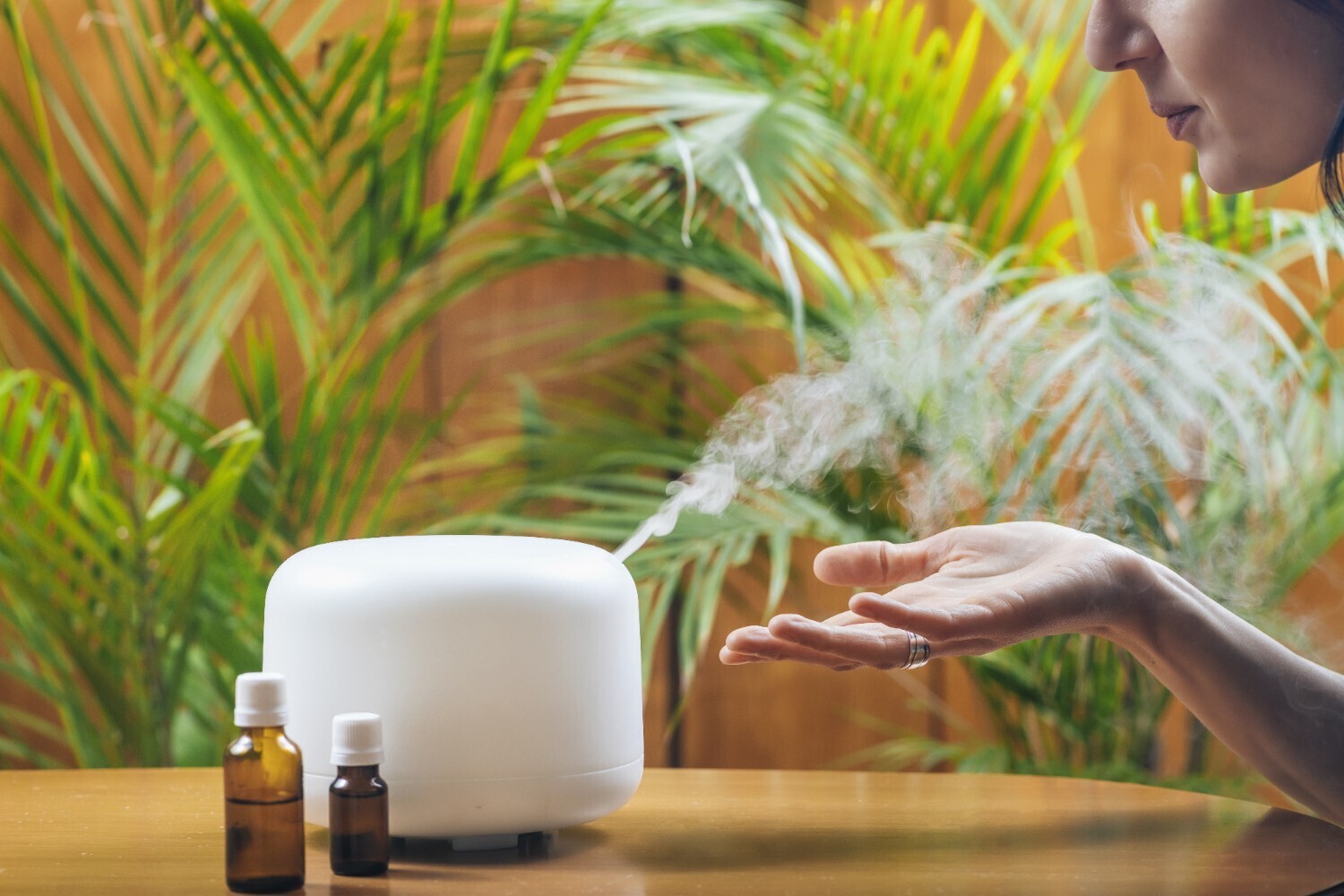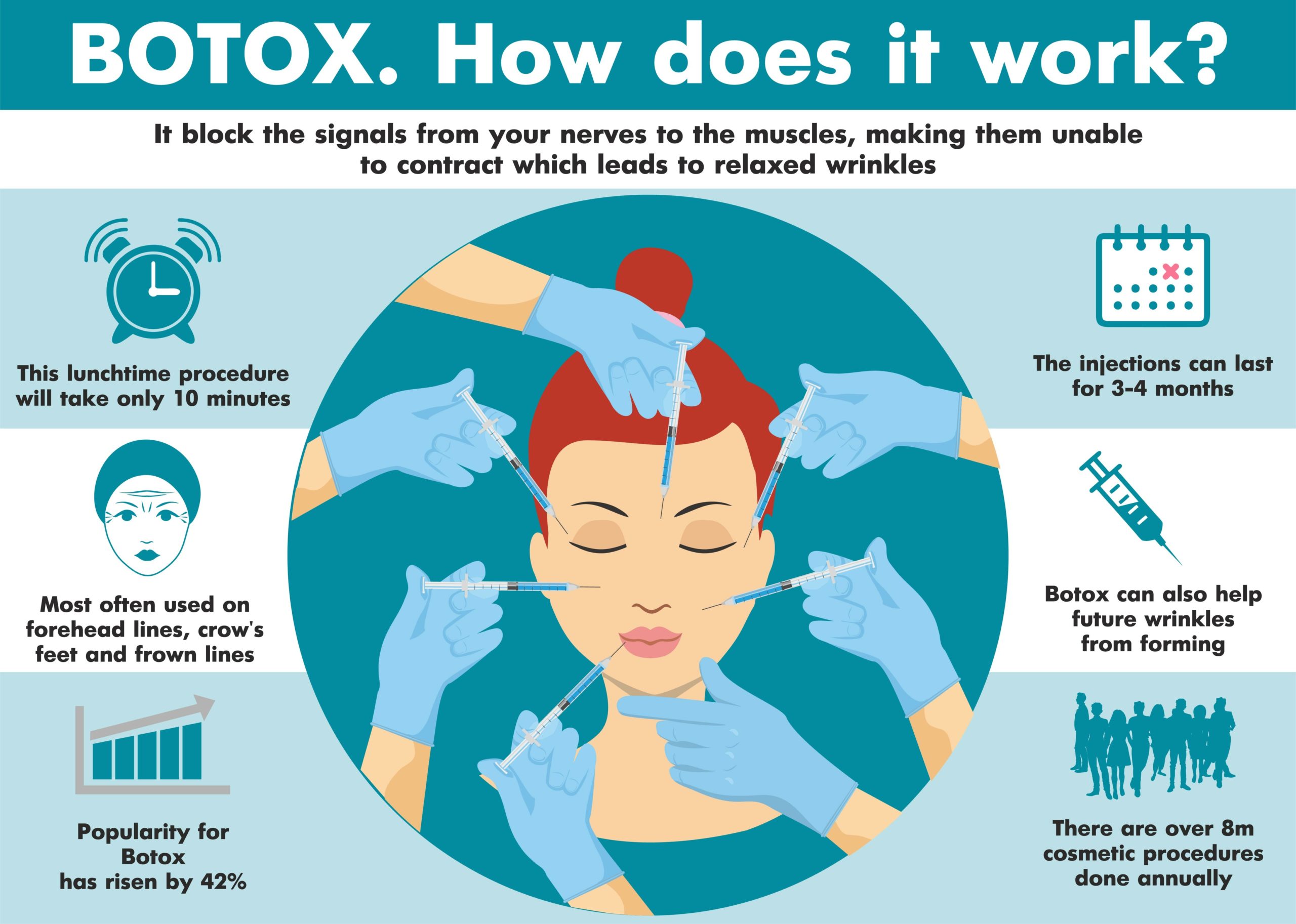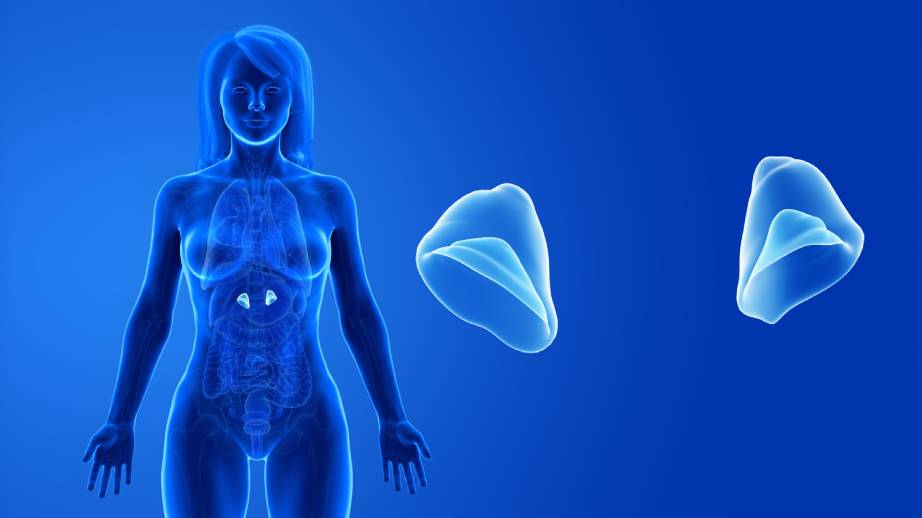Marijuana is a controlled substance, and it is classified as a Schedule I substance. However, this substance is the only Schedule I drug that is legal for medicinal and recreational uses in many states. Over the last decades, medical experts now approve its use for particular conditions. But then, patients who wished to be treated with medical marijuana must first take the medical cannabis evaluations.
As many people began to use medical marijuana, the substance remains in restricted use by the FDA. Why do you have to take medical cannabis evaluations? How does it work? Let’s find out.
Medical Marijuana
Before we dive into why you have to take medical cannabis evaluations, let’s talk about medical marijuana, its benefits, and its side effects. Medical marijuana, like its name, suggests the use of marijuana plants or the chemicals in it to treat different conditions. It is almost the same as recreational marijuana, but it is evidently used for medical purposes.
The marijuana plant contains chemicals called cannabinoids. Each cannabinoid provides a different effect on the body. For example, Delta-9-tetrahydrocannabinol (THC) and cannabidiol (CBD) are the main chemicals used in medicine. THC is also the chemical that makes people feel “high” when they smoke or eat food containing it.
Uses of Medical Marijuana
Medical experts have approved the use of marijuana for medical purposes. Researchers are studying whether medical marijuana can treat conditions such as:
● Alzheimer’s disease
● Appetite loss
● Cancer
● Crohn’s disease
● HIV/AIDs
● Anorexia
● Epilepsy
● Glaucoma
If you’re eager to get your health condition treated using medical marijuana, you should check first if it’s legal, depending on your location. State laws vary in which conditions are qualified for the treatment of medical marijuana.
If you’re experiencing side effects of your medical treatment, such as pain and nausea, you should also talk to your doctor about all of the options before trying medical marijuana.
How does Medical Marijuana Help?
Cannabinoids, which are the chemicals active in medical marijuana, are almost the same as the chemicals your body makes. These chemicals are involved in appetite, memory, movement, and pain.
Studies suggest that the use of medical marijuana can give you benefits such as:
● Reduced anxiety
● Reduced inflammation and pain relief
● Control over nausea caused by cancer chemotherapy
● Removal of Cancer Cells/ Slow tumor growth
● Stimulated appetite and improved weight gain
A Special Substance that Helps
Studies from laboratories and small clinical studies suggest that CBD could potentially help control seizures. Medical marijuana garnered a lot of attention when parents said that CBD helped modulate their children’s seizures.
Studies on whether CBD can help control seizures, however, were limited due to financial and time constraints. The FDA approved a drug that is made from CBD though. This drug is used as a therapy for people with severe or hard-to-treat seizures. Studies show that people had a dramatic drop in attacks after taking it.
How Do You Take Medical Marijuana?
Patients who use medical marijuana either take the substance through:
● Smoking
● Inhaling it using a vaporizer
● Eating it in a brownie or a lollipop
● Applying it as a lotion to the skin
● Placing a few drops of liquid on the tongue
How each patient takes it all depends on how it works in their body. Each method works differently in every different body, and it also depends on what kind of health condition a person has.
Is Medical Marijuana Safe?
If you ever decide on using medical marijuana to treat your health condition, you must know that using medical marijuana has possible side effects.
These side effects may include:
● Increased heart rate
● Dizziness
● Impaired concentration and memory
● Slower reaction times
● Negative drug-to-drug interactions
Medical marijuana can also affect judgment and coordination. This could lead to accidents and injuries, which is why before taking medical marijuana, a possible candidate must undergo medical cannabis evaluations.
Medical Cannabis Evaluations
Medical marijuana has been legalized almost all over the US. Patients who wanted to try medical marijuana must first undergo medical cannabis evaluations to get their cannabis card. The process of getting a medical consultation only lasts for half an hour.
During the medical marijuana consultation, you need to prove that your health condition requires medical marijuana treatment. Your doctor will examine to know about your health condition. Once you’re done with the medical marijuana evaluation, you can get your cannabis card if you are a qualified candidate for the treatment.
Qualifications in getting Medical Marijuana Treatment
To get your cannabis card, you’ll need to have a qualifying condition. The conditions set can vary from state to state. In some instances, you’ll qualify if you have one of these conditions:
● AIDS
● Cancer
● Epilepsy
● Glaucoma
● Multiple sclerosis
There are some cases where some conditions qualify, and some don’t. Some states will give you a cannabis card if you have Post-Traumatic Stress Disorder. Check your local laws what health conditions are qualified to get a medical marijuana treatment.
How long does the Evaluation work?
After finding a licensed doctor to give you the evaluation, you need to Schedule an Appointment. You will also need to bring whatever documents that are required. The doctor’s office will let you know what documents you need to bring. This typically includes a government ID and your medical records.
During the evaluation, your doctor will assess your condition and perform tests. After the tests, you will then receive a detailed plan of the treatment and the certification signed by your doctor.
Online Evaluation
Medical cannabis evaluations can also be conducted online. Depending on the state where you live, some allow you to have an Online Medical Marijuana Consultation. Some even provide services where you can get your certification while staying at home.
Connect to a doctor online and provide the details about your health condition, your medication, and your treatment procedure. Your doctor may even ask for your prescriptions, medical documents, government ID, or other related documents necessary for you to obtain a cannabis card.
Physicians by law cannot prescribe marijuana to their patients just like the substances that are already available at a pharmacy. Only medical marijuana recommendations can comply with the state laws as long as the patient is qualified to take the treatment.







